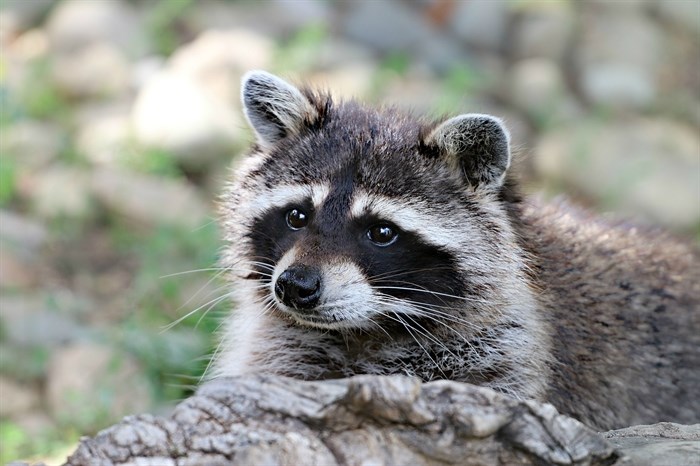
FILE PHOTO
Image Credit: PIXABY
August 19, 2021 - 6:30 AM
Fifty years ago you would have never found a raccoon in the Okanagan and one wildlife expert believes they're the fastest growing problem animal in the region.
“They’re a hell of a problem,” Vernon urban wildlife specialist Pete Wise said. “No polite way of putting it.”
Wise has been in business since 1972, and said experts began recognizing raccoons as a problem for the Okanagan in the late 1960s.
“They’re an alien-introduced species, they’re not native to the Okanagan,” Wise said.
They love ravaging through people’s garbage, stealing from fruit growers - especially grapes - and have been known to attack cats and small dogs.
“One of them will just grab dog by its face, hang onto it and just savage it," he said.
Wise has weighed a raccoon as heavy as 45 pounds, and says they’re too aggressive to easily scare off.
“If you charge at them they’ll charge right back at you.”
The animals are urban dwellers that especially prefer urban areas during the winter months. They’re scavengers that roam neighbourhood to neighbourhood in search of easy food like unsecured garbages, or food and water left out for cats and dogs.
But the biggest problem associated with raccoons is their feces, Wise said, as it can transmit a nasty parasite called roundworm to humans.
Between 60 and 80 per cent of raccoons in the province carry the roundworm, according to the BC Medical Journal.
“It’s microscopic, starts in nervous system, travels to the brain, then once the worm fully forms, it will chew off the optic nerve and cause blindness,” Wise said.
Raccoons are fairly clean animals and tend to poo in the same one or two spots in a yard, he said. Any homeowners who come across a pile of raccoon waste are encouraged to dispose of it properly.
Wise said a combination of bleach and a few litres of boiling water is what’s required to kill the parasites. Once the raccoon waste has been disinfected and then sealed in a garbage bag, it’s important to take it straight to the landfill without bringing it in the home.
The tools used in the clean-up should be disinfected as well.
“Be sure to wear a mask and goggles – their cysts can adhere to moisture of your eye.”
READ MORE: Rising number of raccoons could become an expensive problem for Kamloops
Over the course of a typical season from April to September, Wise said he usually deals with 50 to 150 raccoons.
Once captured, it is possible to relocate raccoons to a new environment, but Wise said that method is very ineffective as the stubborn animals are known to travel hundreds of kilometres to return to their previous spot.
“They have a Lassie-come-home syndrome," he said.
READ MORE: Relocating nuisance wildlife like squirrels and raccoons is inhumane: BCSPCA
For anybody dealing with problematic raccoons, Wise recommends calling a professional.
Raccoons issues in the Okanagan are becoming more common every year and Wise finds the animals to be especially troublesome in Vernon.
“We’re just dealing with the tip of the iceberg," he said.
To contact a reporter for this story, email Dan Walton or call 250-488-3065 or email the editor. You can also submit photos, videos or news tips to the newsroom and be entered to win a monthly prize draw.
We welcome your comments and opinions on our stories but play nice. We won't censor or delete comments unless they contain off-topic statements or links, unnecessary vulgarity, false facts, spam or obviously fake profiles. If you have any concerns about what you see in comments, email the editor in the link above.
News from © iNFOnews, 2021